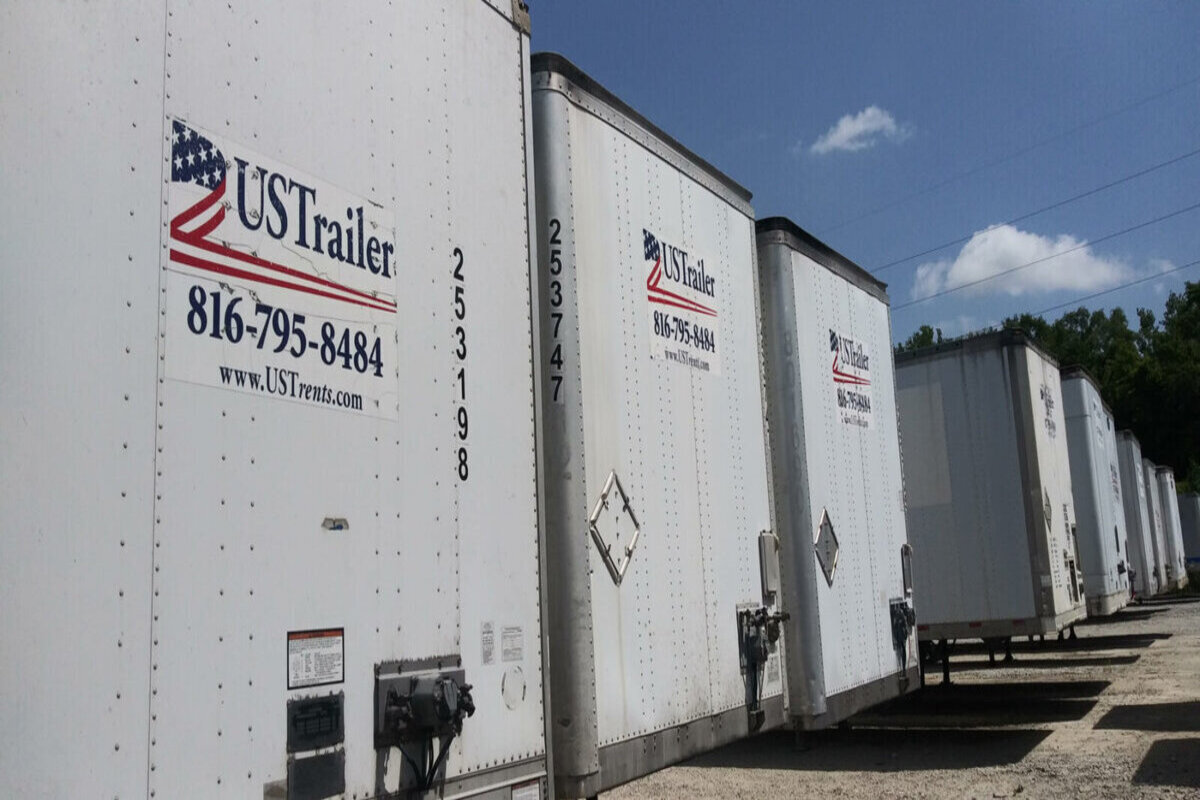Semi-trailer lease agreements are essential tools in the logistics and transportation industry, crucial for ensuring the efficient flow of goods. With the onset of the Covid-19 pandemic, the dynamics of leasing have experienced shifts, prompting adaptation from both lessors and lessees. In this article, we’ll explore the intricacies of semi-trailer lease agreements, shedding light on key terms, return procedures, and the significance of effective communication. Additionally, we’ll examine what happens if you break a semi-trailer lease agreement early, ensuring a comprehensive understanding of the leasing landscape.
Lease vs. Rental: Understanding the Difference
In recent times, there has been an increase in semi-trailer leases, particularly as businesses seek flexible solutions amidst uncertainty. While month-to-month rentals have been the norm, a lease entails a more committed arrangement. Essentially, a lease agreement binds the lessee to pay for the agreed-upon duration, typically spanning several years. On the other hand, rentals offer the convenience of a month-to-month commitment, providing flexibility for businesses with varying needs.
The Lease Process: From Acquisition to Return
Acquiring a Semi-Trailer Lease
When acquiring a semi-trailer lease agreement, lessees can expect a straightforward process. Whether it’s a long-term commitment or a short-term arrangement, clarity regarding the terms and conditions is paramount. The agreement outlines the responsibilities of both parties, ensuring mutual understanding and adherence to the stipulated terms.
Return Procedures and Inspection Protocols
Upon completion of the lease term or when the need for the trailer ceases, lessees must initiate the return process. This can be done by scheduling a pickup or having a designated driver return the trailer. Subsequently, the lessor conducts a comprehensive inspection of the trailer, documenting any damages or issues encountered during the lease period. Timely communication regarding the condition of the trailer is crucial, as it facilitates transparency and ensures that billing procedures are carried out accurately.
Ensuring Efficient Operations
Expedited Return Process
Recognizing the importance of efficiency in the logistics industry, lessors strive to expedite the return process for trailers. Upon completion of a project or when trailers are no longer needed, lessees are encouraged to promptly return the units, minimizing disruptions and optimizing space utilization. This proactive approach benefits both parties involved, fostering a collaborative and streamlined leasing experience.
Clear Communication Channels
Effective communication lies at the heart of successful semi-trailer lease agreements. Whether it’s conveying the terms of the lease or reporting issues with the trailer, maintaining open and transparent communication ensures that both lessor and lessee are aligned throughout the leasing period. By promptly addressing concerns and resolving issues, potential disputes can be mitigated, fostering a positive leasing relationship.
In Summary
Navigating a semi-trailer lease agreement involves understanding the implications of early termination, alongside comprehensive knowledge of lease terms, inspection procedures, and return protocols. Discover what happens if you break a semi-trailer lease agreement early, and ensure seamless operations through effective communication and adherence to stipulated guidelines.
If you’re looking to explore semi-trailer lease options or require assistance with your logistics needs, feel free to contact us. We’re here to support you every step of the way, ensuring a smooth and efficient leasing experience.






